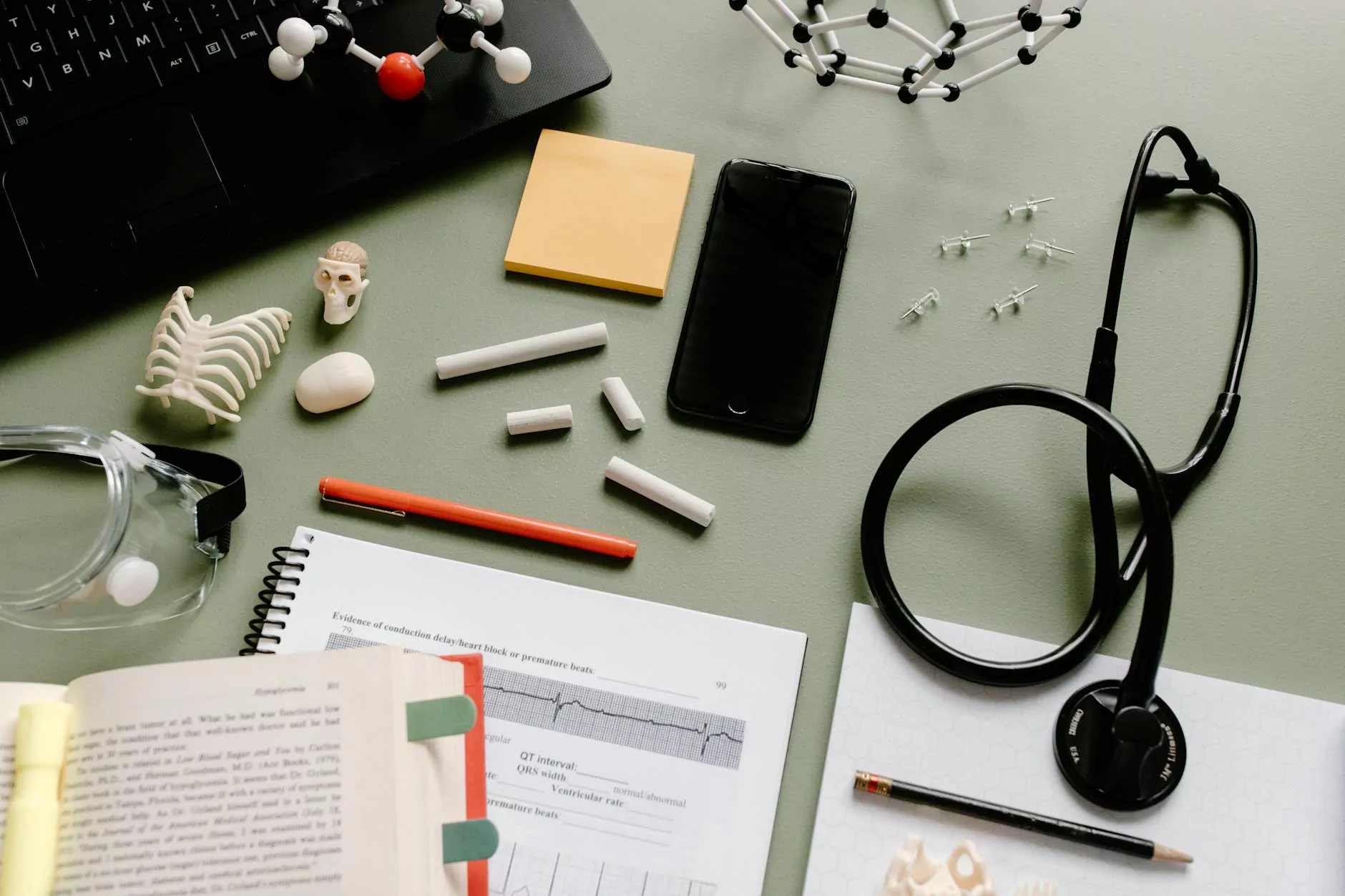15 Medications You Shouldn't Mix With Alcohol
Health
Introduction
Welcome to Ageless Wisdom Magazine's comprehensive guide on medications you should never mix with alcohol. In this article, we will explore the potential dangers associated with combining certain medications with alcohol and provide valuable insights to help you make informed decisions regarding your health.
Understanding the Risks
Mixing alcohol with medications can have serious consequences. It is important to note that while some medications may have minor interactions with alcohol, others can result in life-threatening effects. To ensure your well-being, it is advisable to consult with a healthcare professional or read the medication labels carefully before consuming alcohol while under medication.
1. Antidepressants
Many widely used antidepressant medications, such as selective serotonin reuptake inhibitors (SSRIs), can react negatively when combined with alcohol. Alcohol is a depressant that can worsen or nullify the effects of antidepressants, potentially leading to increased drowsiness, dizziness, and even suicidal thoughts.
2. Pain Medications
Prescription pain medications, including opioids and narcotics, should never be mixed with alcohol. Both alcohol and pain medications can cause drowsiness and impair judgment. When combined, the effects can be intensified, leading to dangerous consequences such as slowed breathing or increased risk of overdose.
3. Anxiety and Sleeping Pills
Anti-anxiety medications and sleeping pills are central nervous system (CNS) depressants. Alcohol, being another depressant, can enhance the sedative effects of these medications, leading to excessive drowsiness, respiratory problems, and even loss of consciousness.
4. Antihistamines
Antihistamines are commonly used to relieve allergy symptoms but combining them with alcohol can intensify their sedative properties. The combination may cause extreme drowsiness, impair coordination, and increase the risk of accidents or falls.
5. Blood Pressure Medications
Alcohol can interfere with the effectiveness of blood pressure medications, such as ACE inhibitors or beta-blockers. Drinking alcohol while on these medications can lead to fluctuations in blood pressure, reduced effectiveness of the medication, and potential damage to the heart or liver.
6. Diabetes Medications
Combining alcohol with certain diabetes medications, including insulin or oral hypoglycemic drugs, can lead to low blood sugar (hypoglycemia). This can cause symptoms such as confusion, dizziness, and in severe cases, loss of consciousness or seizures.
7. Antibiotics
While not all antibiotics interact with alcohol, it is important to read the medication label or consult your healthcare provider. Some antibiotics, such as metronidazole and linezolid, can cause severe reactions when combined with alcohol. These reactions can include nausea, vomiting, rapid heartbeat, and intense flushing.
8. Anticoagulants
Alcohol can interfere with the blood-thinning effects of anticoagulant medications, increasing the risk of excessive bleeding. It is important to follow your healthcare provider's advice and avoid consuming alcohol if you are on anticoagulants, such as warfarin or aspirin.
9. Asthma Medications
Combining alcohol with certain asthma medications, such as bronchodilators or leukotriene modifiers, may have adverse effects on the respiratory system. Alcohol can exacerbate respiratory depression and increase the risk of side effects, potentially triggering an asthma attack.
10. Digestive Medications
Alcohol can irritate the digestive system, and when combined with medications such as nonsteroidal anti-inflammatory drugs (NSAIDs) or aspirin, it can increase the risk of stomach bleeding or ulcers. Always check the medication label or consult with your healthcare provider to understand the potential interactions.
11. Seizure Medications
Alcohol can interfere with the effectiveness of seizure medications, such as antiepileptic drugs (AEDs). Consuming alcohol while on these medications may increase the frequency or severity of seizures, jeopardizing your well-being. It is crucial to follow your healthcare provider's recommendations.
12. Allergy Medications
While most over-the-counter allergy medications do not have severe interactions with alcohol, it is essential to be cautious. Alcohol can intensify side effects such as drowsiness or dizziness, which may be present in certain allergy medications. Read the labels and adhere to the recommended dosages.
13. Cancer Treatments
Cancer treatments, including chemotherapy drugs, can have adverse effects on the body. Adding alcohol to the mix can intensify these side effects, increase the risk of organ damage, and hinder the effectiveness of the treatment. It is crucial to prioritize your health and consult with your oncologist.
14. Erectile Dysfunction Medications
Alcohol is a known suppressant that can limit blood flow to certain areas of the body. When combined with erectile dysfunction medications, it can reduce the effectiveness of the medication, hindering its ability to produce the desired results.
15. Mood Stabilizers
Mood stabilizers, commonly prescribed for bipolar disorder, should not be mixed with alcohol. Alcohol can interfere with the medication's ability to stabilize mood swings and lead to increased sedation, dizziness, and impaired judgment.
Conclusion
It is vital to understand the potential risks associated with combining medications, particularly those listed above, with alcohol. Ageless Wisdom Magazine recommends consulting with a healthcare professional before consuming alcohol while taking medications to ensure your safety and avoid any potential adverse interactions. Your well-being is our priority, and we strive to provide you with comprehensive and reliable lifestyle advice to help you make informed decisions.
Disclaimer
Please note that the information provided in this article is for educational purposes only and should not substitute professional medical advice. Always consult with your healthcare provider for personalized guidance regarding your specific health condition and medications.
References
- Reference 1: Relevant source title and link.
- Reference 2: Relevant source title and link.
- Reference 3: Relevant source title and link.










